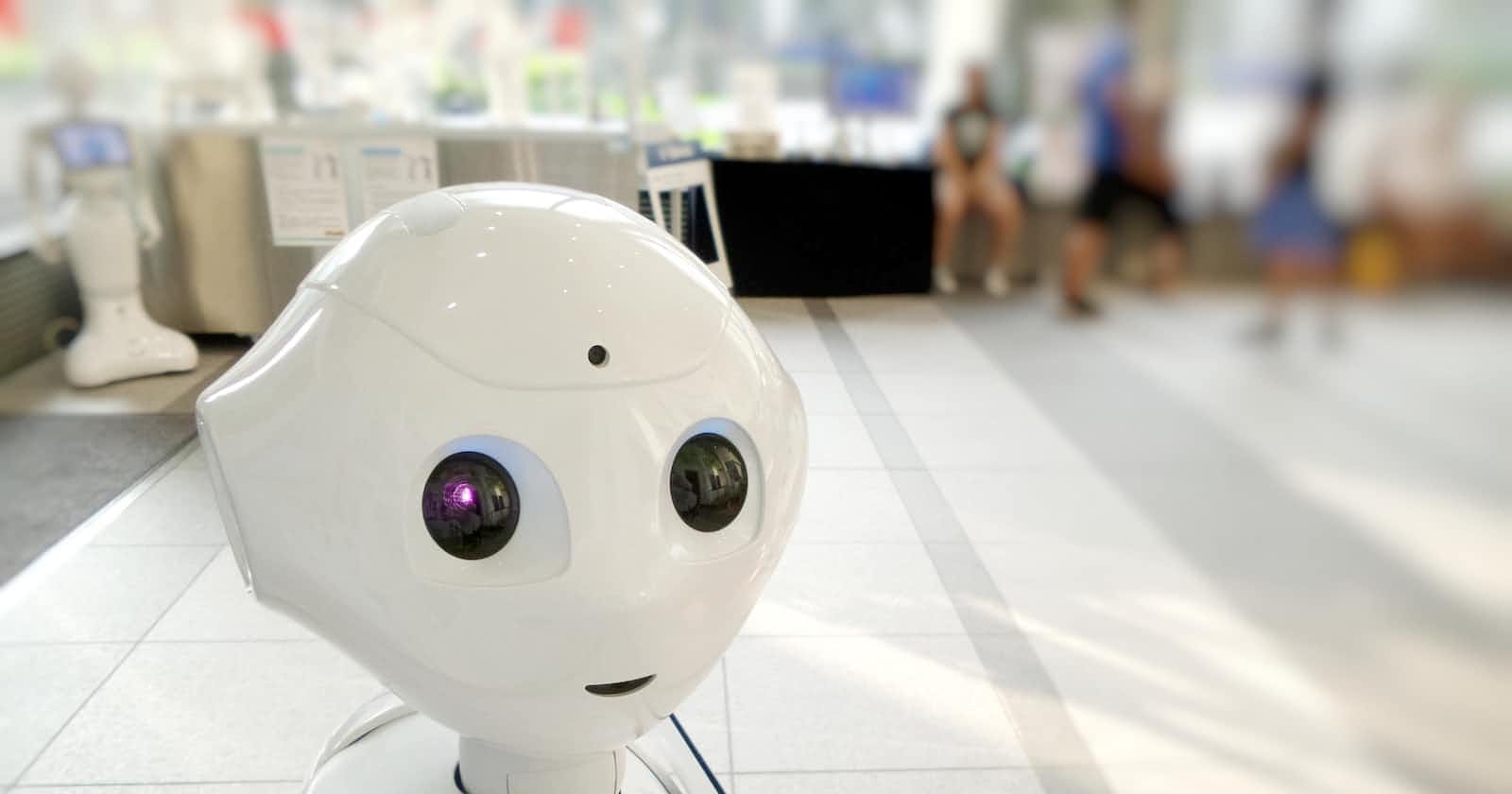Introduction to Artificial Intelligence (AI):
The article begins by introducing readers to the concept of Artificial Intelligence (AI) and machine learning. It explains that AI systems can learn from data and make decisions without explicit human intervention, and highlights the potential of AI to transform the way businesses operate. The article also provides an overview of key terms and concepts associated with AI, such as machine learning, image recognition, and predictive analytics.

Benefits of AI:
AI can help businesses identify patterns and insights in data that humans may not be able to detect on their own, leading to better decision-making and competitive advantage.
AI-powered chatbots and virtual assistants can improve customer service by providing immediate assistance and reducing wait times.
By automating repetitive tasks, AI can increase efficiency and productivity, freeing up employees to focus on more complex and creative work.
Predictive analytics and machine learning algorithms can help companies anticipate customer needs and preferences, leading to more personalized experiences and increased customer satisfaction.
Challenges of AI:
As AI systems become more advanced, they may become more difficult to regulate and control, leading to potential ethical concerns around issues like privacy and transparency.
AI algorithms may be biased or discriminatory, leading to decisions that disadvantage certain groups of people.
The increasing use of AI in the workplace raises questions about the impact on employment and the need for reskilling and upskilling to prepare workers for new roles.
There may be a lack of understanding and trust among the general public about how AI works and its potential benefits and risks.
The Impact of AI on Jobs:
The impact of AI on jobs is a topic of significant concern for businesses, policymakers, and workers alike. While AI has the potential to create new jobs and industries, it may also lead to the automation of certain tasks and job displacement in certain industries. To address this challenge, businesses and policymakers need to focus on reskilling and retraining workers to adapt to a changing job market. They also need to invest in education and training programs that will prepare workers for jobs that require human skills that cannot be automated. Finally, businesses must prioritize the ethical use of AI to avoid exacerbating existing inequalities.
Ethical Use of AI:
The ethical use of AI is crucial to ensure that it is used for the public good. AI systems must be designed to avoid bias and discrimination and to ensure that they are transparent and explainable. Additionally, businesses and policymakers need to be aware of the social and economic implications of AI and ensure that they are using it in ways that align with society's values and interests. This includes developing regulations and oversight mechanisms that will ensure that AI is used responsibly and ethically.
Finally, businesses need to engage in meaningful conversations with their customers, employees, and other stakeholders to build trust and ensure that they are using AI in a way that is ethical and socially responsible.
The Future of AI:
The article concludes by highlighting the potential of AI to transform the way we live and work. It emphasizes the need for ongoing research and development in AI to ensure that it continues to evolve and improve. Additionally, the article encourages readers to stay informed about the latest developments in AI and to engage in conversations about the ethical and social implications of this rapidly evolving technology.
"Predicting the future isn't magic, it's artificial intelligence."
- Dave Waters


